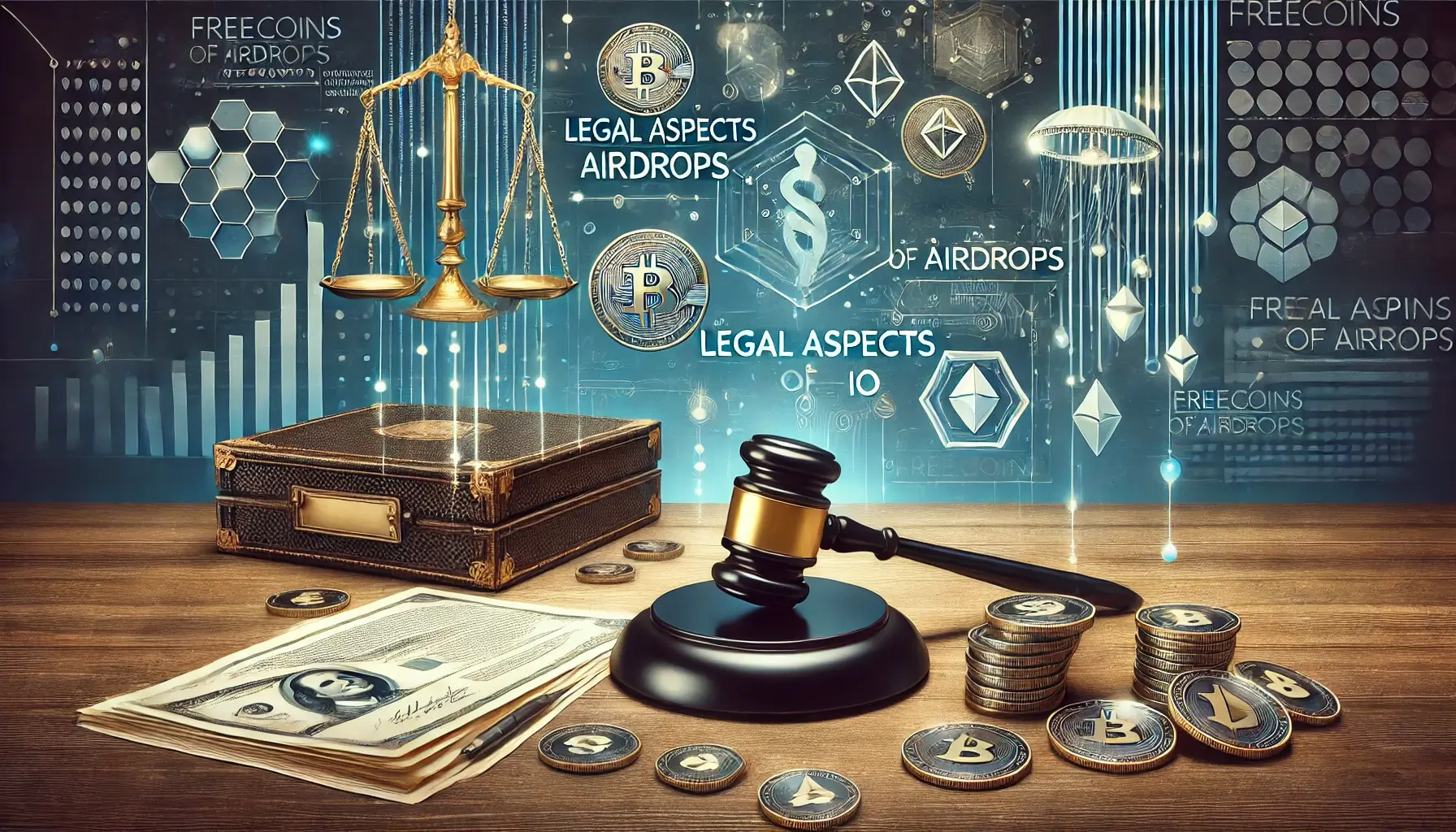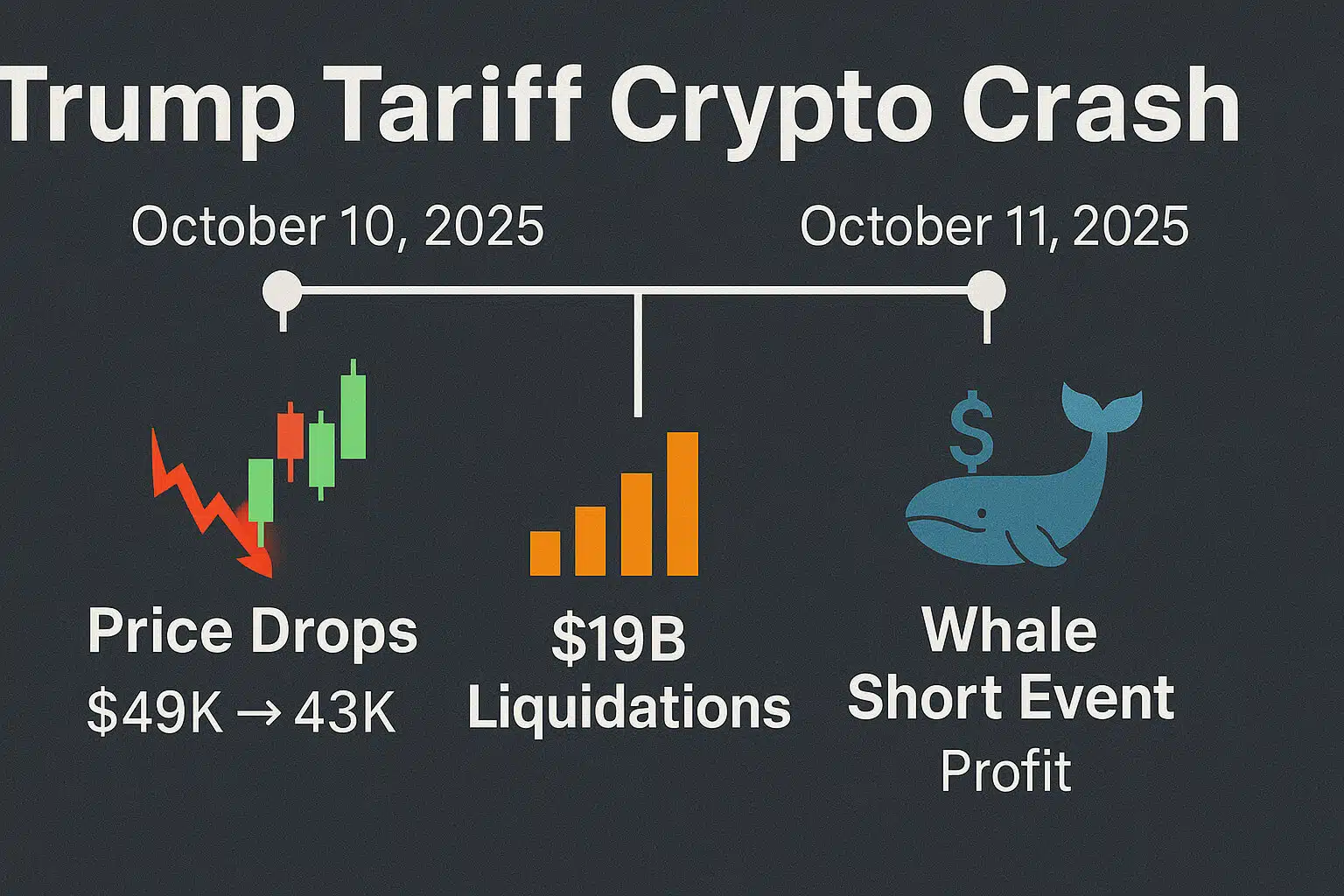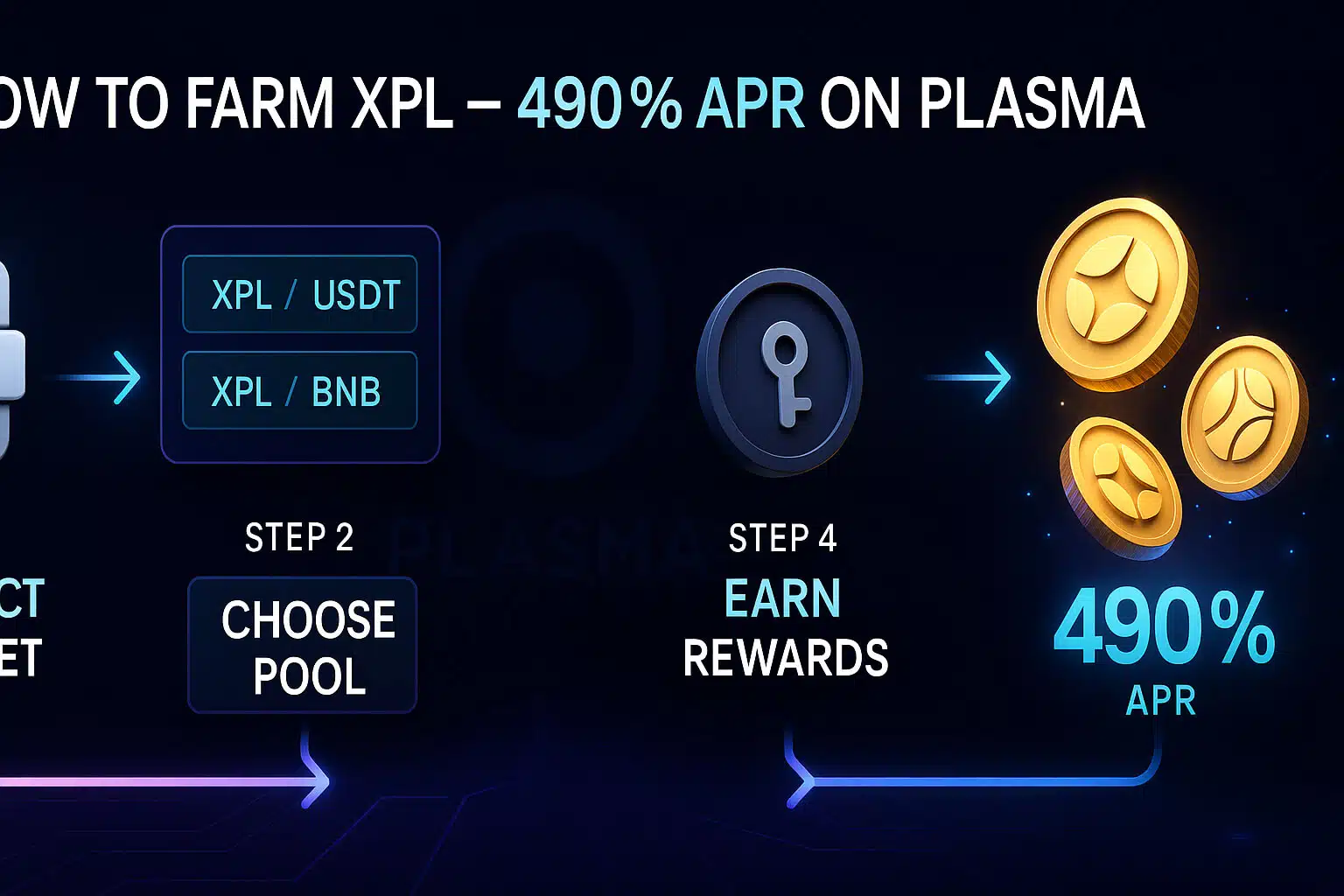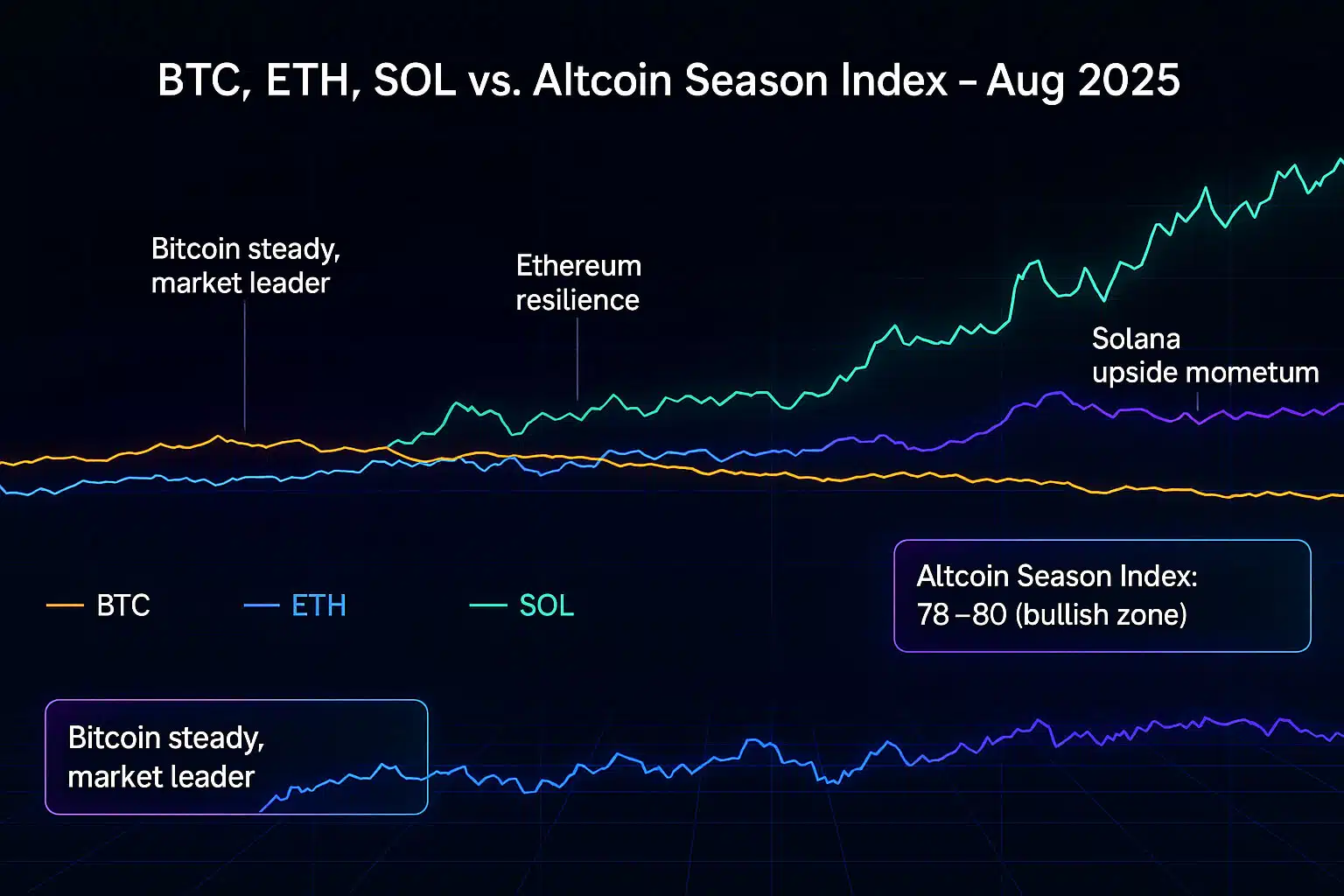Legal Aspects of Airdrops: Understanding Regulatory Challenges
Cryptocurrency airdrops have become a popular method for distributing tokens and engaging users. However, the legal landscape surrounding airdrops is complex and continually evolving. This article will explore the legal aspects of airdrops, highlighting regulatory challenges and offering insights into how projects and participants can navigate these issues.
Ready to delve into the legalities of airdrops? Let’s get started!
What Are Airdrops?
Airdrops are a method of distributing free tokens or coins to multiple wallet addresses. Blockchain projects use airdrops to promote their new cryptocurrencies, increase awareness, and build a community of users. Participants typically receive these tokens without making a purchase, although some airdrops may have specific requirements.
Regulatory Challenges of Airdrops
Securities Law Compliance: Many jurisdictions require airdrops to comply with securities laws. Tokens distributed through airdrops may be considered securities. Projects must follow strict regulations, including registration requirements and disclosure obligations. Ignoring these rules can lead to legal actions and fines.
Anti-Money Laundering (AML) and Know Your Customer (KYC) Regulations: Airdrops often fall under AML and KYC regulations to prevent illicit activities like money laundering and terrorism financing. Projects may need to collect personal information from participants and verify their identities. This process can add complexity and cost to the airdrop.
Tax Implications: The tax treatment of airdrops varies by country. In some places, airdropped tokens may be considered taxable income at the time of receipt, while others may tax them upon sale. Participants must understand their tax obligations to avoid potential penalties and ensure compliance with local tax laws.
Consumer Protection Laws: Airdrops must comply with consumer protection laws to prevent deceptive practices and ensure fair treatment of participants. Projects need to provide clear and accurate information about the airdrop, including terms and conditions, to avoid misleading participants.
Data Privacy Regulations: Collecting personal information for KYC purposes or other requirements can trigger data privacy regulations, such as the General Data Protection Regulation (GDPR) in the European Union. Projects must implement measures to protect participants’ data and comply with data privacy laws.
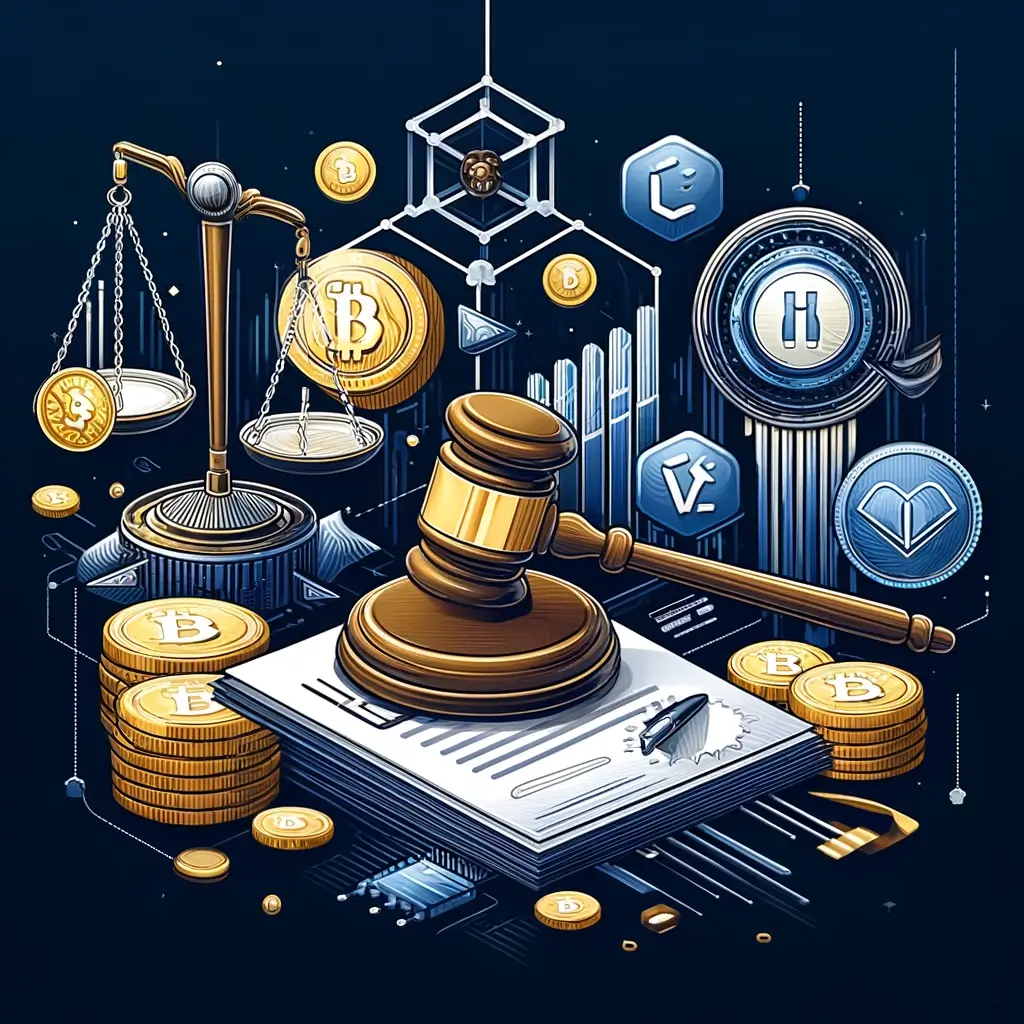
Navigating Legal Issues in Airdrops
Seek Legal Consultation: Projects should consult legal experts to understand the regulatory requirements in their jurisdiction and ensure compliance. Legal professionals can help navigate the complexities of securities laws, AML/KYC regulations, and tax obligations.
Maintain Transparent Communication: Clear and transparent communication with participants is crucial. Projects should provide detailed information about the airdrop, including eligibility criteria, terms and conditions, and any potential legal obligations for participants.
Implement KYC/AML Procedures: To comply with AML and KYC regulations, projects may need to implement robust procedures for collecting and verifying participant information. This includes using secure methods to handle personal data and ensuring compliance with data privacy regulations.
Monitor Regulatory Developments: The regulatory landscape for cryptocurrency is continually evolving. Projects should stay informed about changes in regulations and be prepared to adapt their practices to remain compliant. This includes monitoring guidance from regulatory authorities and industry best practices.
Educate Participants: Educating participants about their legal obligations, such as tax implications, can help them make informed decisions and avoid potential legal issues. Providing resources and guidance on how to report airdropped tokens for tax purposes can be beneficial.
Wrapping Up: The Legal Landscape of Airdrops
Navigating the legal aspects of airdrops is challenging but essential for both projects and participants. By understanding the regulatory requirements and implementing best practices, projects can conduct airdrops in a compliant manner, while participants can ensure they meet their legal obligations.
FAQs about Legal Aspects of Airdrops
- Are airdropped tokens considered securities? In many jurisdictions, airdropped tokens may be considered securities, requiring compliance with securities laws and regulations.
- What are the AML and KYC requirements for airdrops? AML and KYC requirements aim to prevent illicit activities and may require projects to collect and verify personal information from participants.
- How are airdropped tokens taxed? The tax treatment of airdropped tokens varies by country. Participants should understand their local tax obligations and report airdropped tokens accordingly.
- What consumer protection laws apply to airdrops? Airdrops must comply with consumer protection laws to ensure fair treatment of participants and prevent deceptive practices.
- How can projects protect participants’ data? Projects must implement measures to protect participants’ data and comply with data privacy regulations, such as the GDPR.
By understanding the legal aspects of airdrops, projects and participants can navigate the regulatory landscape more effectively. For more insights and updates, visit Freecoins24.io and follow us on Twitter and Telegram for the latest airdrop news.


